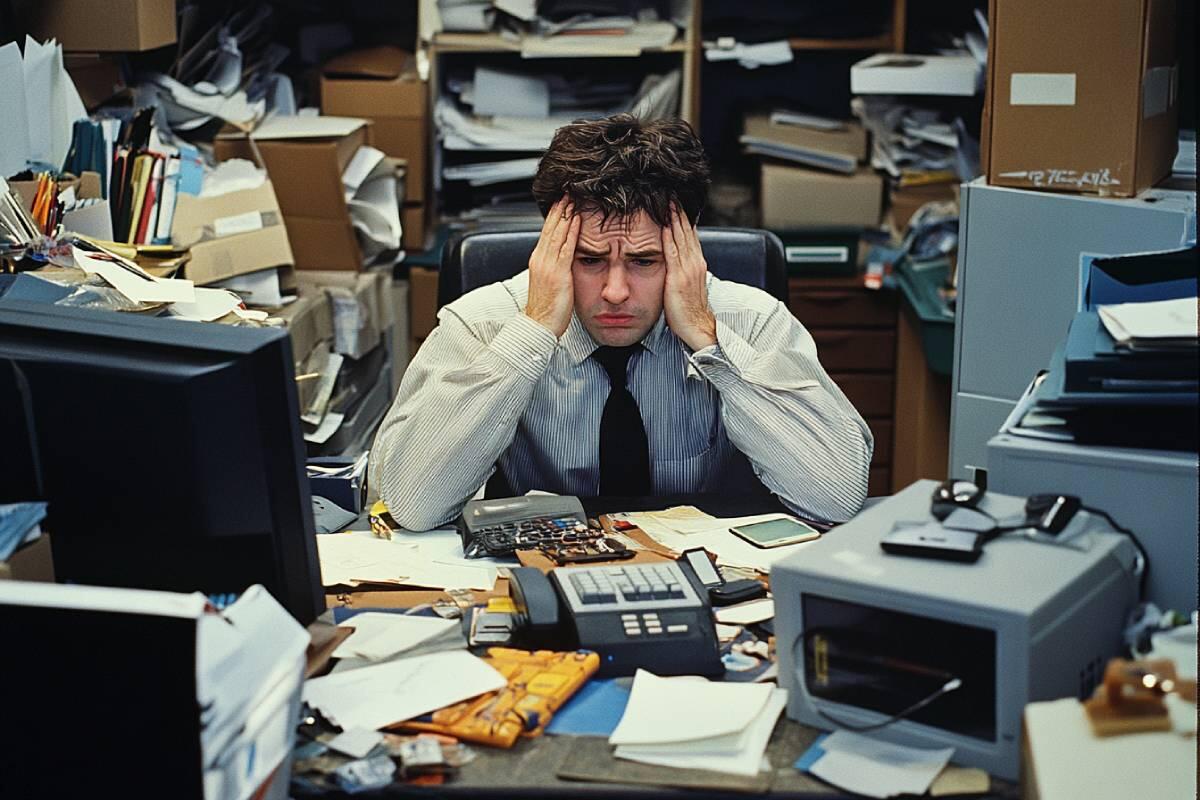The Exhausted Mind: How Burnout Is Affecting Professionals of All Ages
Modern life is marked by a constant quest for productivity. We live in a world where time is precious, and the pressure to always be productive can profoundly impact our mental health.
Characterized by extreme fatigue, lack of motivation, and feelings of incompetence, burnout is not just a workplace issue; it’s a mental health challenge that needs to be taken seriously. In this article, we’ll explore the signs of burnout, its causes, and most importantly, how to prevent this debilitating condition.
What Is Burnout?
Burnout, also known as occupational burnout syndrome, is a state of physical and emotional exhaustion caused by chronic work-related stress.
Symptoms include extreme fatigue, lack of energy, feeling overwhelmed, emotional detachment from work, and even physical health issues like headaches, insomnia, and digestive problems.
The condition is recognized by the World Health Organization (WHO) as a syndrome resulting from workplace stress. Since 2019, burnout has been included in the International Classification of Diseases (ICD-11), emphasizing its relevance as a public health concern.
Signs That Identify Burnout
Identifying burnout early is crucial to prevent it from worsening. Some of the most common signs include:
- Emotional exhaustion: Constant tiredness and lack of energy.
- Depersonalization: Emotional detachment from responsibilities and people around you.
- Feelings of inefficacy: A sense of failing to meet goals or being unrecognized for your work.
- Physical health issues: Insomnia, headaches, and digestive disorders.
- Lack of motivation: Loss of enthusiasm and interest in work and life.
Main Causes of Burnout
Several factors contribute to burnout development, including:
- Excessive workload: Tight deadlines and lack of work-life balance.
- Lack of control over tasks: Feeling little autonomy at work.
- Lack of recognition: Absence of positive feedback.
- Toxic work environment: Strained and competitive relationships.
- Over-connectivity: Difficulty disconnecting from work.
The Impact of Burnout on People’s Lives
Burnout affects not only work but also physical and emotional health and personal relationships. It can lead to conditions like depression, anxiety, and heart problems. Moreover, poor job performance can undermine self-esteem and job security.
How to Prevent Burnout?
Prevention is the best approach. Here are some effective tips:
- Set clear boundaries: Separate work and personal life.
- Prioritize mental health: Practice mindfulness, meditation, and hobbies.
- Rest adequately: Sleep is vital for recovery.
- Learn to delegate: Recognize your limits and ask for help.
- Foster supportive relationships: Build a positive work environment.
- Disconnect: Take regular breaks and make the most of your vacations.
When to Seek Professional Help?
If symptoms are severe, it’s essential to seek help from a mental health professional, such as psychologists and therapists, who can offer coping strategies and emotional support.
In some cases, medical intervention may be necessary to address the physical and mental health issues related to burnout.
Conclusion
Burnout is a serious syndrome that can affect professionals of all ages. Identifying early signs and adopting preventive strategies is essential to protect your health and well-being. Remember: caring for your mental health is as important as fulfilling professional responsibilities.
Sources:
- WHO: Burnout as an Occupational Phenomenon
- Saúde Brasil: Burnout Syndrome
- Hospital Einstein: Health Glossary
- G1: WHO Defines Burnout Syndrome
